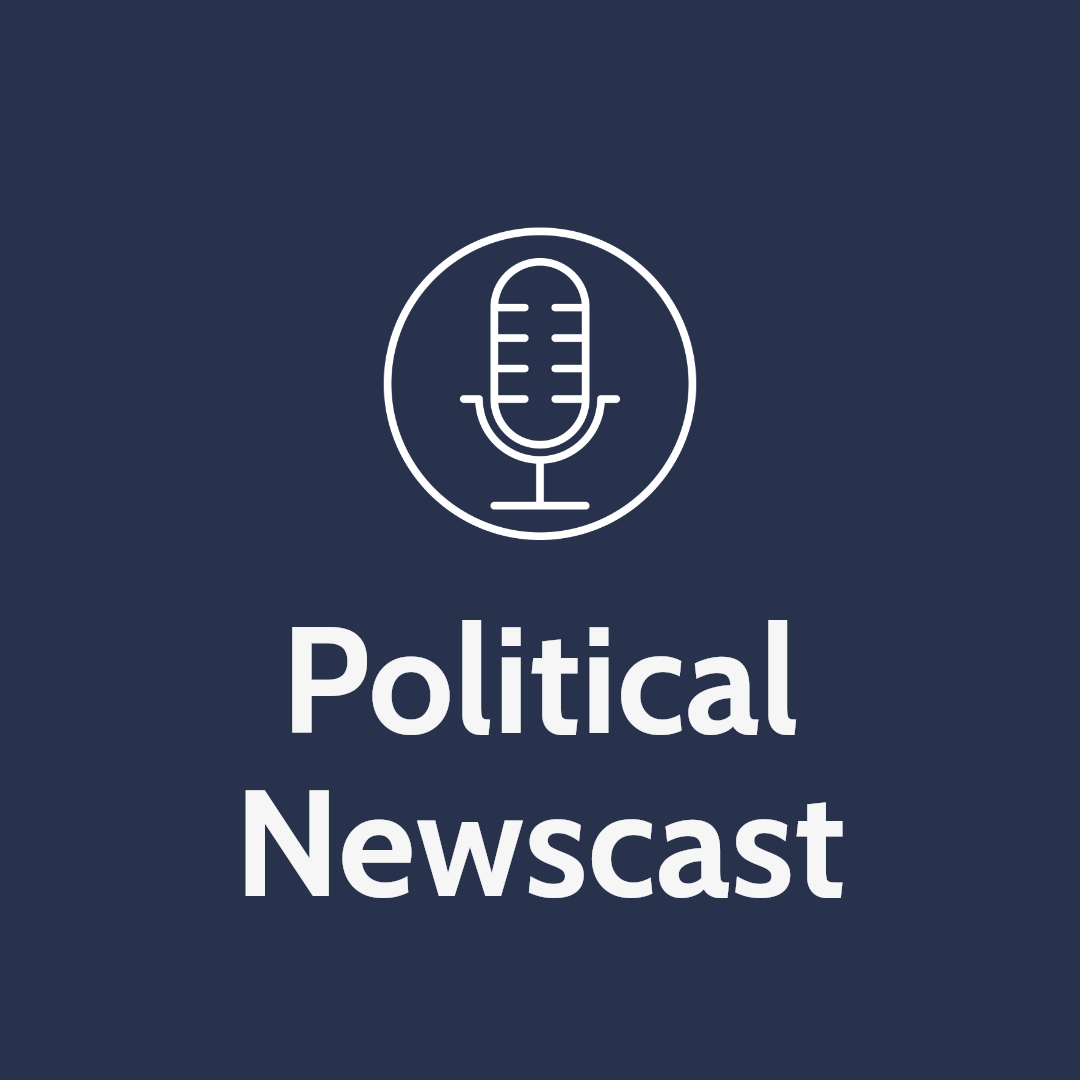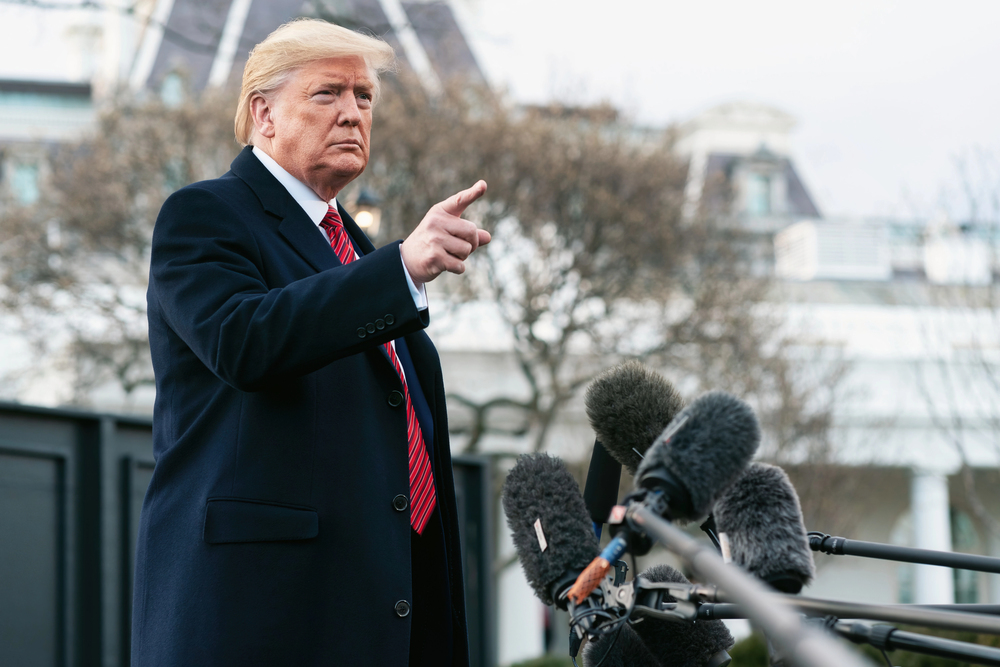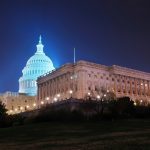Today, President Donald J. Trump marked his first six months back in the White House by touting what he calls the most successful half-year start to any modern presidency. His administration has implemented a series of aggressive domestic and international policies, sweeping deregulation, and high-level negotiations — actions that the White House says have rapidly reshaped the American economy, border policy, foreign affairs, and energy independence.
Economic Expansion and Deregulation
At the core of President Trump’s early agenda is economic growth. Congress passed what the administration describes as the “One Big Beautiful Bill,” which includes the largest tax cut in American history. According to the administration, this legislation has increased Americans’ take-home pay by up to $13,300 while cutting off benefits for over 1.4 million illegal immigrants. These moves aim to prioritize native-born employment and citizen access to government programs.
In June alone, the U.S. economy added a net total of 671,000 jobs, beating expectations for the fourth month in a row. The administration emphasized that native-born workers have accounted for all net job gains this year, with native-born employment rising by more than 2 million while foreign-born employment dropped by over half a million.
Meanwhile, inflation indicators have remained stable. Core inflation has tracked at 2.1% — the lowest level since President Trump’s previous term. Wholesale prices remained flat in June, and import prices came in well below economists’ expectations. The wholesale cost of a dozen eggs has declined by 53% since inauguration and by 62% from its March peak.
Summer gas prices have reached their lowest point since 2021. When adjusted for inflation, current prices are near a two-decade low. In addition, the administration says that its deregulatory policies have already saved Americans $180 billion — or about $2,100 per family of four — with the rollback of automobile regulations alone projected to save more than $1.1 trillion.
Border Security and Immigration Enforcement
President Trump’s immigration enforcement efforts have seen a sharp increase in activity. In June, U.S. Customs and Border Protection encountered just 6,070 illegal immigrants at the southern border — setting a new monthly record low, 15% below the previous low recorded in March. No illegal immigrants were released into the United States on parole in June, a drop from 27,766 in the same month last year.
The administration has broken its own record for deportation flights in a single month and has ramped up self-deportation programs. ICE has arrested over 100,000 illegal alien criminals in the past six months, including more than 2,700 members of the Tren de Aragua gang. In total, more than 600 known or suspected terrorists have been removed from the United States.
President Trump also signed an executive order in February that redirected over $40 billion in federal benefits exclusively to U.S. citizens, effectively cutting off access for undocumented immigrants.
Foreign Policy and Military Alliances
Trump’s foreign policy team has focused heavily on NATO and Middle Eastern diplomacy. A landmark agreement secured increased NATO defense spending commitments to 5% of GDP from member states. The administration also announced the successful elimination of Iran’s nuclear program.
Through sustained diplomatic efforts, ceasefires have been negotiated between India and Pakistan, as well as between Israel and Iran. Other breakthroughs include a peace agreement between Rwanda and the Democratic Republic of Congo and steps toward stabilizing Syria.
President Trump has received three Nobel Peace Prize nominations since returning to office.
The administration also inked major deals: a multi-billion-dollar military package for Ukraine funded by NATO, a “perpetual Golden Share” sale of U.S. Steel worth $14 billion, and new trade agreements with the United Kingdom, China, and Indonesia.
National Security and Law Enforcement
In a decisive crackdown on global crime, President Trump formally designated eight Latin American cartels as terrorist organizations, including MS-13, the Sinaloa Cartel, and Tren de Aragua. Domestically, law enforcement statistics suggest the United States is on pace to record its lowest murder rate in history.
The U.S. Armed Forces have seen renewed momentum, with the Army, Navy, Air Force, and Space Force all reaching their recruitment goals ahead of schedule. The administration has also passed several laws, including the Genius Act, the Halt Fentanyl Act, the Laken Riley Act, and the Take It Down Act, aimed at crime, drug policy, and online safety.
Social Policy and Cultural Initiatives
President Trump has focused on reshaping federal policies around education, gender, and healthcare. More than 170 executive orders have been signed since January, addressing a wide range of issues, including:
- Closing the southern border
- Restricting gender transitions in minors
- Banning biological men from participating in women’s sports
- Ending federal DEI initiatives
- Rolling back federal censorship directives
Following executive orders in February, several universities and public school systems — including the University of Pennsylvania, the Virginia High School League, and the University of Maine System — have reversed policies allowing male athletes to compete in women’s events. Similarly, hospitals across the country have halted so-called “gender-affirming care” for minors.
Energy and Technological Development
After declaring an energy emergency, President Trump’s administration expedited oil and gas drilling permits, outpacing the previous administration’s permit rate by 44%. At the same time, the U.S. has attracted over $1 trillion in artificial intelligence investments, including $90 billion focused on AI and energy development in Pennsylvania.
Market Performance and Trade Surpluses
Financial markets have responded positively, with the S&P 500 and Nasdaq achieving multiple record highs during the first half of 2025. The U.S. Treasury reported nearly $90 billion in tariff duties collected since January and posted a $27.2 billion budget surplus in June — the first such June surplus since 2005.
Foreign and domestic investments have surged, with pledges totaling more than $7.6 trillion in new commitments to the American economy.
International Diplomacy
Since returning to office, President Trump has met with 23 world leaders. This includes three visits from Israeli Prime Minister Benjamin Netanyahu and two from the NATO Secretary General — a marked increase compared to the early months of his predecessors’ terms. In contrast, President Obama met with 13 global leaders during his first six months, while President Biden held just five in-person meetings during that same period.
Public Health and Nutrition
President Trump launched a nationwide “Make America Healthy Again” initiative, securing commitments from 35% of the U.S. food industry to eliminate artificial dyes. Participating companies include Hershey, Consumer Brands, and a coalition of ice cream makers that account for over 90% of national ice cream sales.
After six months in office, President Trump’s administration points to a series of legislative wins, regulatory rollbacks, foreign policy agreements, and economic trends that it says reaffirm the President’s leadership style and priorities. As the administration pushes forward into the second half of the year, many of these efforts — from artificial intelligence to border security and trade reform — are expected to define the core of Trump’s ongoing domestic and global agenda.





